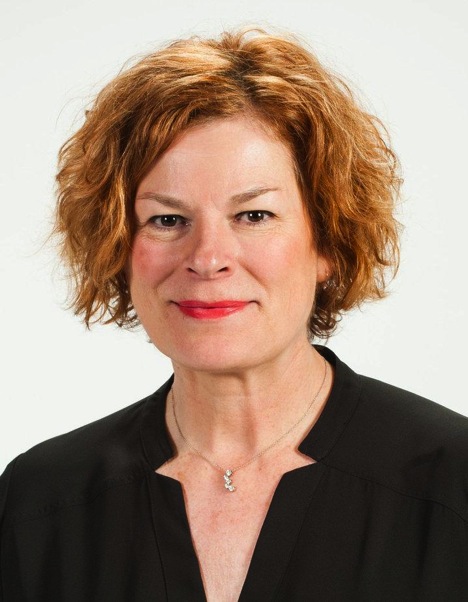1. Why are you running for city council?
Well, I’ve been on city council now for eight years, and I’m running again because we have unfinished business. You know, I’ve been working on transit since I got on the council — also working on the comp plan and our new development code. And all of this is finally kind of coming to fruition so there are things I want to see through, and those are two of them.
2. What is the biggest challenge currently facing the city, and what would you propose to do about it?
One of our challenges is a lack of affordable housing, and one of the things that we’re doing about that is developing a strategic plan and also investing money in bonds and working with the private sector on public-private partnerships so we can develop what I would call a robust plan to address affordable housing issues.
I think a second challenge that we have relates to growth, and that is going to continue to be a challenge because you know we are growing at a very rapid rate and one of the things that I would propose that we do is to continue to let our comp plan guide us. We need to do denser development and redevelopment projects so we can grow smart.
I think a third challenge is economic development — investing in economic development so it’s not only benefiting middle and upper class, but also benefiting people in disadvantaged communities. So more of a focus on how we can be a great city for everybody and provide great jobs for everybody.
3. A text change ordinance was recently passed restricting sidewalk dining, was this the right move? Why or why not? What kind of balance should be struck between revelers & residents?
I think that the ordinance that was passed went too far. Quite frankly, I think if we had simply enforced our existing laws on the books that we could have struck that balance. The city, however, has not enforced any of its laws. I mean, we kind of let this happen. I’d like to see things dialed back a little bit, and I think somewhere in the middle is the right balance.
4. Raleigh has ended up on a lot of Top Ten lists in recent years. Why do you think that is?
Well, I think that we are well-governed. I think that we’re visionary. I think we have a great creative class. We have great schools, great upper education — being colleges. The weather’s great. We have great greenways and parks and an awesome start up community. I think what we’ve been known for and recognized for is quality of life, but what we’re seeing now is we’re also being recognized for innovation and entrepreneurship, and a lot of the entrepreneurs are really making an impact here.
5. Council is currently considering a rezoning case that would remap a significant portion of the city. Should this be approved as is, with changes, or not at all? Why or why not?
I think that we will approve this with changes. I think that it’s necessary for us to move forward because currently we’re operating under two different codes, an old code and a new code, so we have to have consistency that will ensure both predictability for not only developers but residents. And I think that the changes that we made are changes that the public has come back to us with and said this is what they’d like to see. So we’re very carefully weighing their feedback, and I’m very confident that we’ll find solutions that will really bring people together on this.
6. What is the best and what is the worst decision made by city council over the past two years, and why?
Obviously the best decision is our decision to purchase the Dix property. That is a once in a lifetime opportunity to create an exceptional park space but also redevelop part of our city. I mean it’s a huge planning and redevelopment project that is going to have a significant, positive impact on our community. So that’s a dream come true, really. That was the best decision we’ve made.
Worst decision? You know, I don’t know that I can point to one thing. What I would say we need to work on is improving citizen engagement and making it easier for all populations to communicate with the city in different ways. I think if we had a more robust citizen engagement process, perhaps we wouldn’t have had as much confusion about the unified development ordinance remapping. And also even the decision on the sidewalk dining I think could have had different outcomes if we had a more diverse means of gathering information from citizens and getting feedback.
